A prevalent view of Chinese poetic history among Western readers, already taken for granted by Chinese and Japanese readers, has been that after the so-called Four Masters of Southern Song, the poetry of Song Dynasty (960-1279) essentially came to an end, to be followed by developments in the subsequent three dynasties. Such a view, however, leaves out of consideration a number of accomplished poets in the later Song, whose work is deserving of closer attention both because of its innate quality, and because of its key role as a bridge to the later history of Chinese poetry.
Among the most important of these late Song poets were four men from Wenzhou on the Zhejiang seacoast. They were known as the "Four Lings" because, apparently by common consent, they all had noms-de-plume containing the character ling, meaning "numinous" or "magical." The four were: Weng Juan (d. after 1214), Xu Zhao (d. 1211), Xu Ji (1162-1214), and Zhao Shixiu (1170-1219). As other late Song poets, the Four Lings leaned toward understated, straightforward diction that incurred the enmity of those who preferred the more flowery, allusive style of the high Tang. The whole history of Chinese poetry, in fact, can be seen as driven by an interesting tension between these two tendencies. Those literati critics who were suspicious of simplicity-often equating it with "commonness," even "vulgarity" (su ), were on one side of a divide of longstanding in the rich history of Chinese poetic criticism, privileging poetry dense with allusions, sometimes in nearly every line. The Four Lings might counter that these critics are themselves are tainted by pedantry or bookishness in their own poetic work.
The retirement of the recluse is a theme that runs through many of the poems of all Four Lings. In fact, a dichotomy between "going forth" to serve in the civil service bureaucracy, and "withdrawing" to some degree of reclusive retirement, is so essential in Chinese thought that it may be considered a timeless component of Chinese civilization. Nor is it a merely "Daoist" as opposed to "Confucian" concept; Confucius himself famously declares in his Analects (7:11): "When they make use of you, then act; when they reject you, then hide away." To "hide away" (cang) implies withdrawal and reclusion of some kind, but with a readiness to re-emerge to serve, when the times improve.
The Four Lings in their actual lives, aside from occasional low-level service in the administrations of local officials, were living outside the world of officialdom, while not yet participating in the full reclusion they so admired. They were buyi, "men in plain clothes," fully educated literati but not pursuing government service. There is an undoubted tension between service and withdrawal of various degrees and types, but it is a healthy one, encompassing a full and complex view of human life.
The Four Lings deserve to be considered poets of consequence. Although Zhao and Weng are the most frequently cited in the writings of traditional scholars, and are therefore more profusely represented here, the two Xu’s are also excellent. Indeed, it would be nearly impossible to convincingly distinguish amongst them stylistically. It is almost as if they share one poetic sensibility.



 天天爆殺
天天爆殺  今日66折
今日66折 




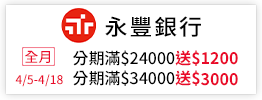




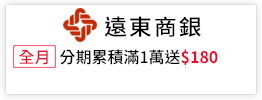




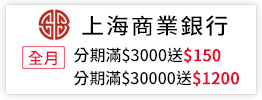
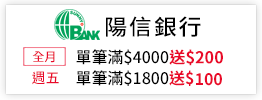


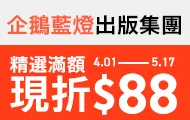
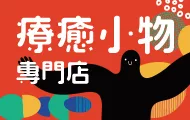
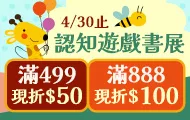
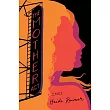

 博客來
博客來 博客來
博客來 博客來
博客來 博客來
博客來 博客來
博客來